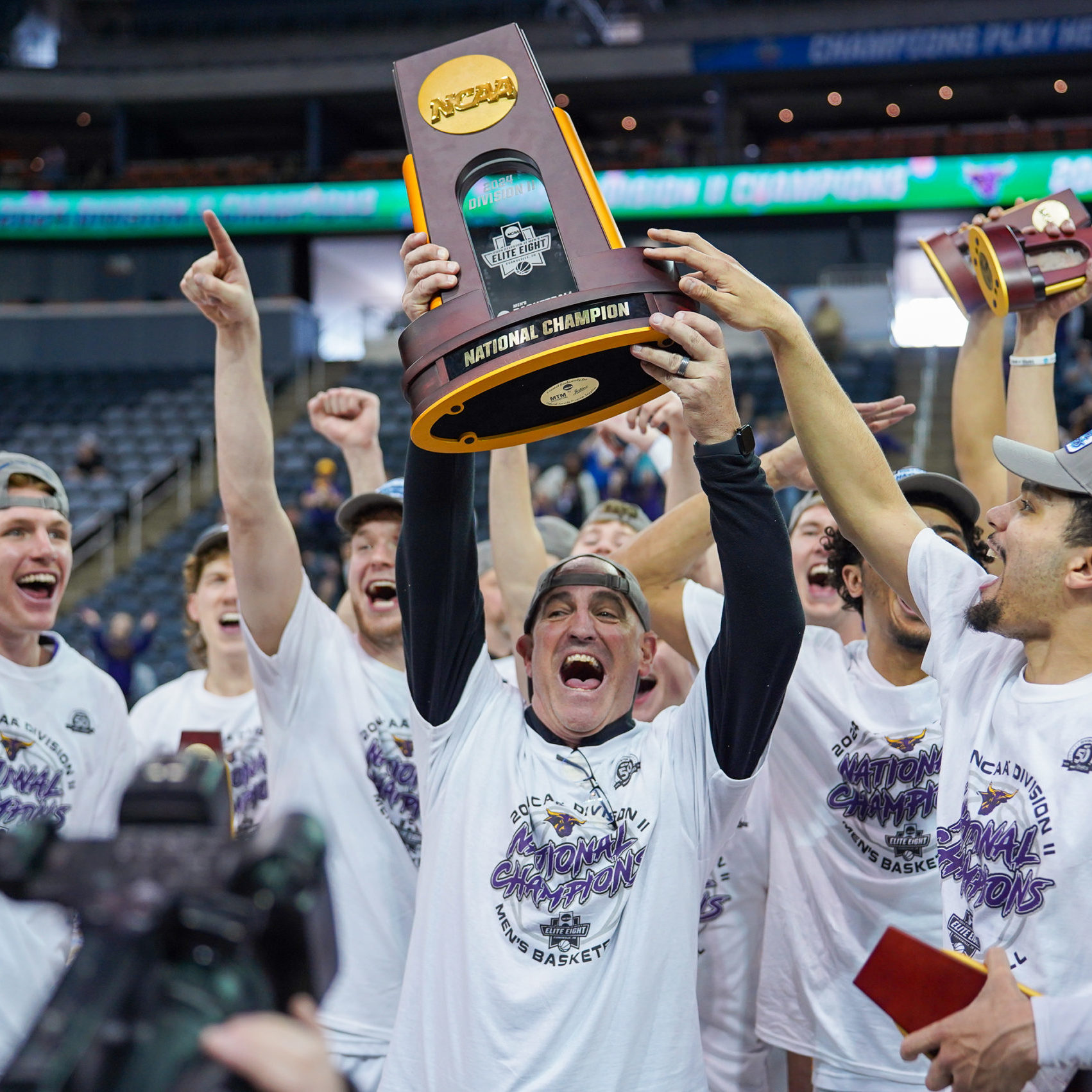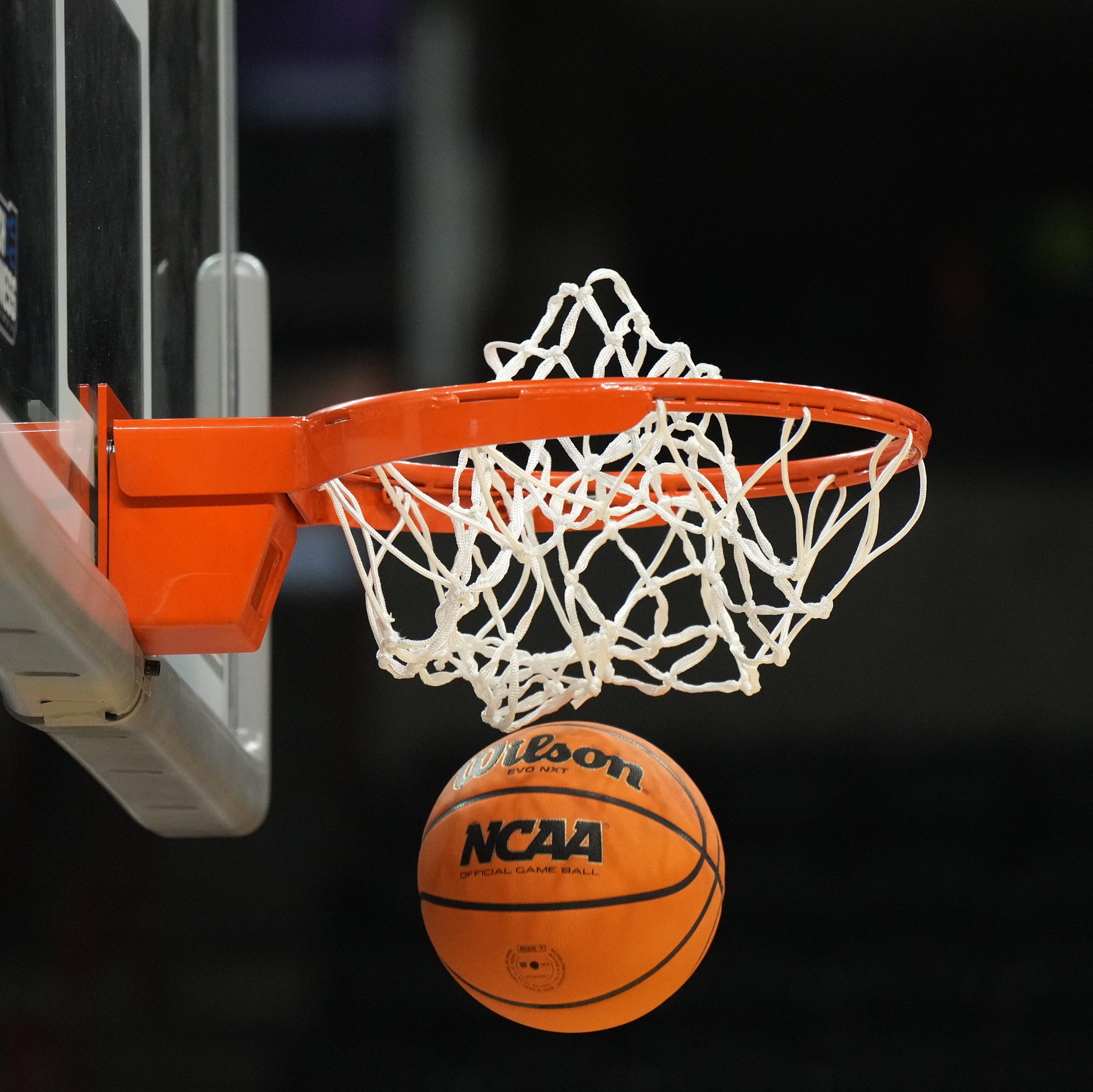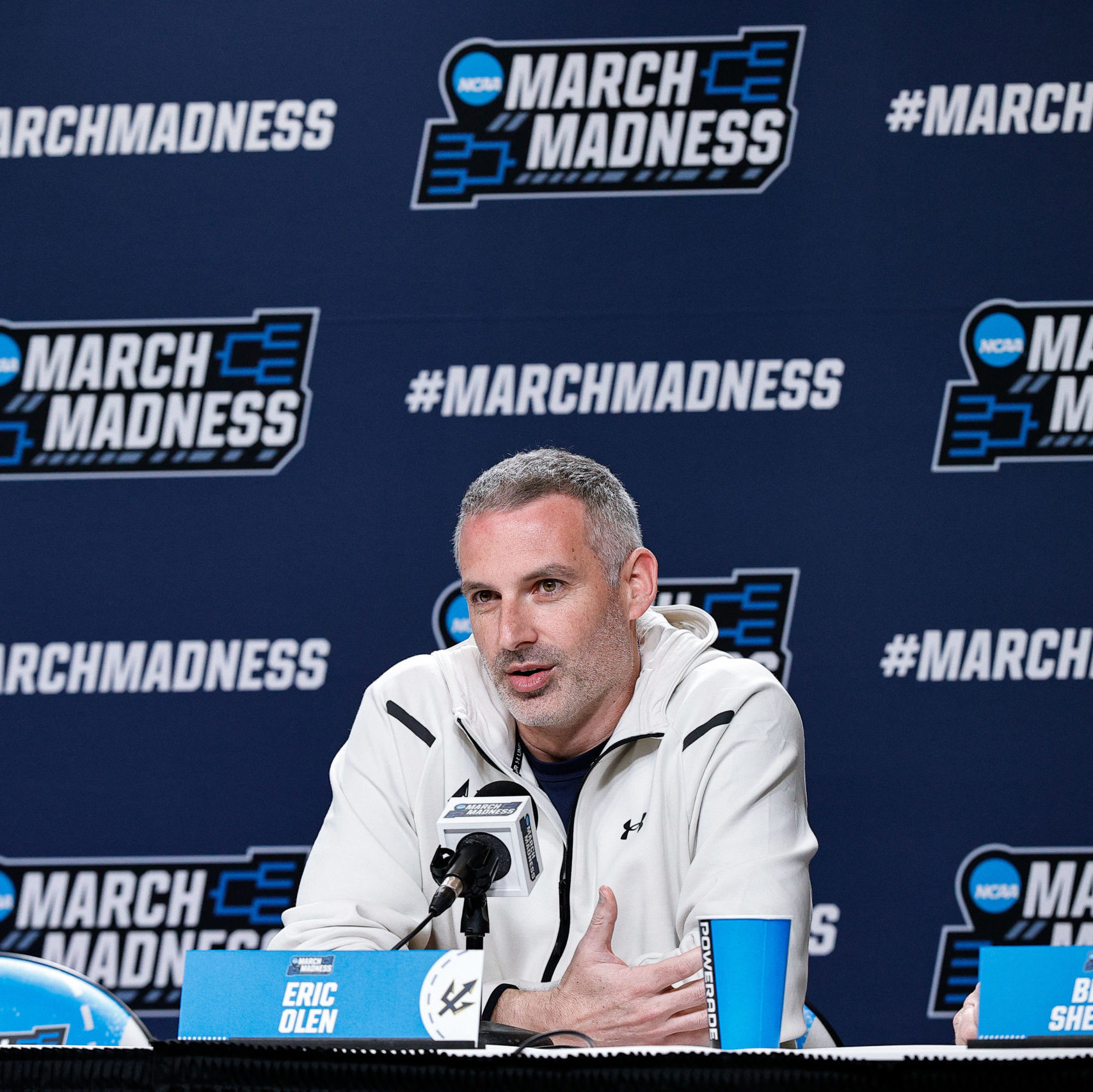By Dr. Oliver Eslinger
As psychological performance skills training and mental health issues become more mainstream, it is critical that coaches increase their awareness and knowledge. When it comes to holistic development, we must emphasize various elements of the mental game. In our program, and in my work as a consultant to other teams and organizations, there are a multitude of models utilized to help athletes and coaches enhance their mind-body connection. We often zero in on three major topics: attention, confidence, and energy.
Attentional training encompasses drills to attend to and enhance concentration abilities. We are deliberate about these, and they are intertwined into our trainings. Essentially, the goal is for each player to improve focus and sustain attentiveness for longer periods, particularly in times of doubt or distress, and achieve a level of attention greater than opponents. In essence, he becomes hard wired to our mental practices and gives himself a competitive advantage. We structure interventions in individual sessions and team practices, but the first step is to identify the what and the how. One way to improve and configure a plan of attack is to ask questions – and lots of them: Is the environment conducive to sustaining attention? How do you prime your team for learning? What steps do you take to initialize focus when a player walks into the gym after a long day of classes? When do you introduce or reiterate concepts and actions to test for recall and recognition? Are your scouts implemented in multi-phases to create meaning and depth? Is information presented in an efficient, engaging, and interactive manner? Finally, as a point of self-monitoring, if you are frustrated with players or staff, have you asked: Am I paying attention to the right cues and scaffolding exercises properly?
We do a lot of work around confidence building, specifically around self-efficacy, or one’s perceived skill and effort in relation to various tasks on court. The nuance about confidence is it can waver – if we are talking about myriad phases of the game, be it offense, defense, conversion, transition, special teams, scouts, and various schemes, there can certainly be a case of information overload. (Related to attention, we can train athletes to be better and manage cognitive capacity). Without deliberate rehearsal and integration, it is difficult to create the most efficient motor programs for skill display and performance – something we call competencies –and without proper skills it becomes too much of a challenge to maintain a level of confidence throughout a season. Distractions, disruptions, and disengagement as the months ebb and flow are inevitable, from schoolwork to social media, relationship pressures to being a young athlete without a complete brain (we’re talking mid-20s until one’s prefrontal cortex is fully formed). Confidence levels can be enhanced by weaving in cognitive-behavioral techniques: moments of mastery, vicarious experiences, verbal persuasion, and self-regulatory skills for emotions and response.
The third aspect is energy, a dynamic concept related to social, emotional, and behavioral cultivation and transformation. The basics of nutrition, sleep, and recovery go a long way, and way more than previously thought. And we also understand from a human-to-human relationship process our mental and emotional energy can be enhanced and transferred. Connectivity may or may not occur, and it can be dependent on social behavior, body language, tone of voice, word choice, teaching phrases, and a group’s collective competency and efficacy. This complex system contributes to how we think, feel, and act when around others – unconscious biases influence us all the time, as do automatic thoughts hanging out in our subconscious. Being in tune to our patterns and responses are paramount when learning skills, developing as an individual within a group, and when battling boredom or burnout. It’s no surprise there are so many apps these days that promote ways to learn and practice mindfulness. Our brains benefit when we have strategies to block out the noise, but to think more clearly, we must tap into our healthy energy and find joy even in times of high pressure. The good news is we can train for the better – but it takes effort and a desire to understand and assimilate it all. As I often say, do you mind the matter in your mind?
Dr. Oliver Eslinger, an NABC Guardian of the Game and 2019-20 SCIAC Coach of the Year, is the head men’s basketball coach at Caltech. In addition to coaching, he is a mental performance consultant and has served as an advisor to several startups and analytics companies. He earned a doctorate in counseling psychology-sport psychology from Boston University where he wrote his dissertation on mental imagery abilities in collegiate basketball players. You can contact him at hoopitup@caltech.edu or on Twitter: @docsheadgames.



